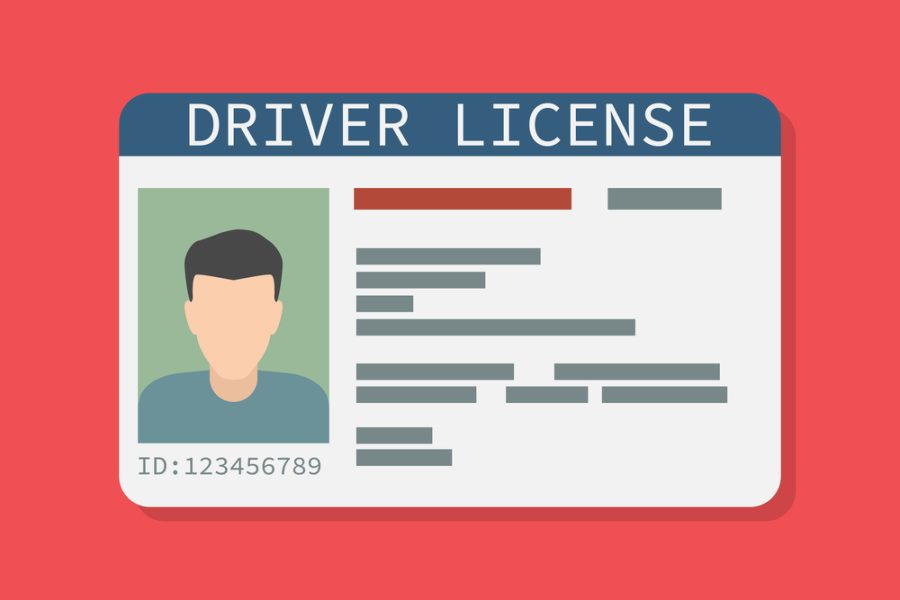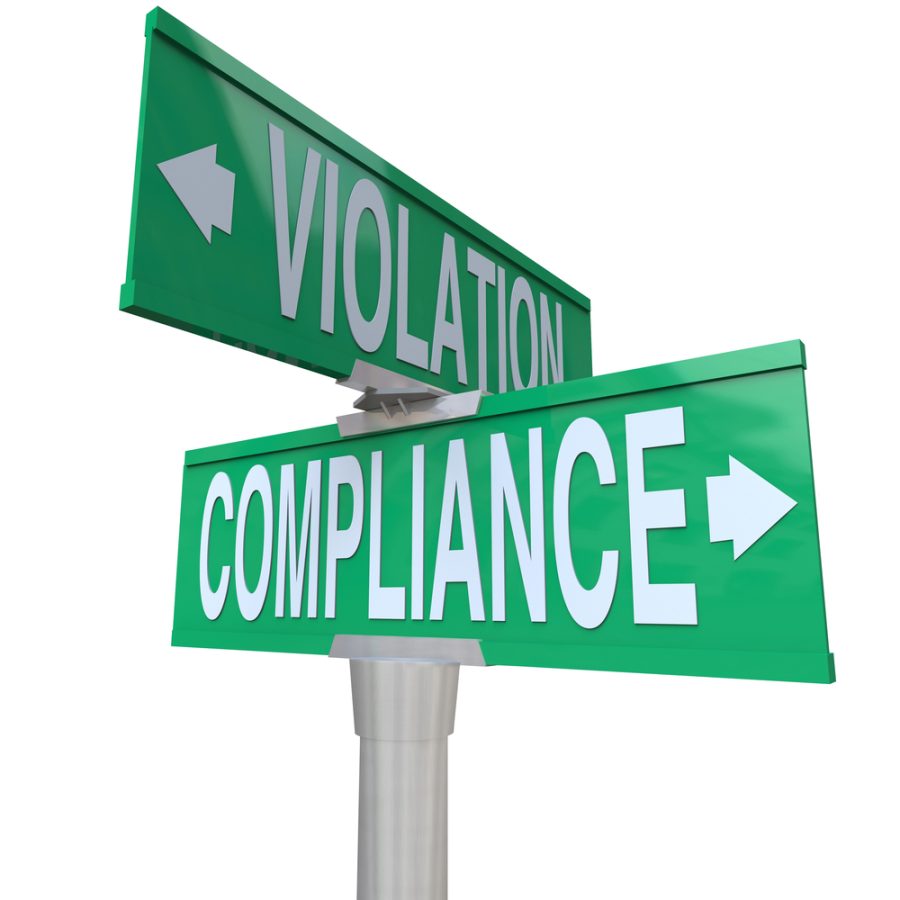Introduction
The DAC report is key for truckers. This intro will give you a quick summary of what the report is and why it matters to you.
It’s a critical document that covers a driver’s work history and performance, including accidents, violations, and employment history. Understanding this report is crucial for drivers in the trucking industry as it can affect employment opportunities and insurance premiums.
What is a DAC Report?
A DAC report, also known as DAC reports, is a driver’s work history and performance record. It’s used by trucking companies to get insight into a driver’s driving record and history. Trucking companies use DAC reports to screen potential hires and current drivers.
These reports cover key aspects of a driver’s career including accidents, violations, and employment history. Understanding the DAC report is important for drivers who want to keep a good driving reputation and get employment in the trucking industry.
What’s in the DAC Report
The DAC report includes various types of information to assess a driver’s qualifications and reliability. This document covers driving history, employment history, and criminal history to give trucking companies a complete picture of a driver’s background.
The DAC report tracks different types of violations and incidents and is a systematic record of a driver’s performance and behavior on the road. By including these key elements the DAC report allows companies to make informed decisions on hiring and monitoring drivers and compliance and safety in the industry.
Why Keep a Clean DAC?
Keeping a clean driving record is key for drivers as it affects their career and employment opportunities in the trucking industry. Employers check DAC reports when hiring and prioritize those with a clean record for safety and reliability on the road.
A clean driving record makes a driver more desirable to companies and affects pay and job security. Employers often give incentives or bonuses to drivers with a clean DAC to show their commitment to safety and company policies.
A blemished record can limit job opportunities and affect a driver’s earnings, showing the impact of a clean DAC report on a driver’s career.
Types of Violations and Effects
Understanding the different types of violations is important for drivers as they navigate the trucking industry. These violations cover a range of infractions from minor traffic tickets and warning tickets to major accidents. Traffic tickets including speeding and red light violations are common infractions that can mar a driver’s record and reputation in the industry.
Verbal warnings and written warnings are warning signs, alerting drivers to their driving shortfalls. Each type of violation whether it’s an accident or a minor traffic infraction leaves a mark on the DAC report and is a record of a driver’s compliance with safety regulations and company policies. By understanding the effects of these violations drivers can mitigate risks and maintain their professional image.
Also, the presence of these violations on the DAC report plays a big role in shaping a driver’s reputation and employability. Minor infractions like verbal and written warnings may seem insignificant but can raise red flags to potential employers and highlight areas of concern in a driver’s performance.
Traffic tickets and red light violations show disregard for traffic laws, accidents show potential liabilities and safety risks. Each entry on the DAC report gives employers valuable information about a driver’s behavior on the road and affects hiring decisions and eligibility for certain positions.
How Long Do Violations Stay on Your Record?
The length of time violations stay on a driver’s record is important to know to navigate the trucking industry. Different types of violations have different lifespans on the DAC report some stay for years while others disappear quickly.
Past infractions no matter how small contribute to a driver’s overall history and can affect employment opportunities. Employers look at both recent and old violations when evaluating candidates, they know past behavior is an indicator of future performance. Generally, violations stay on the record for a certain period of time, showing a driver’s compliance with safety regulations and commitment to a clean driving history.
How to Keep a Clean DAC
Keeping a clean DAC requires following best practices to minimize violations and safety standards on the road. Drivers must follow traffic laws diligently, respect police officers, and comply with traffic regulations.
By following the rules of the road and not doing illegal maneuvers drivers can minimize the chances of getting citations or warnings. Also being vigilant at intersections where accidents and violations are more likely to happen is key. Being aware of speed limits and exercising caution when approaching intersections can prevent failing to yield or making illegal turns and keep a driver’s record clean.
Equally important is the handling of warnings whether verbal or written from law enforcement or company authorities. Drivers must take warnings seriously and not ignore or dismiss them. View warnings as opportunities for self-improvement, not just an inconvenience. Ignoring or dismissing warnings can lead to repeated violations harm a driver’s record and affect their employment.
What to Do If You Get a Violation
Knowing what to do when you get a violation is important for drivers who want to keep a clean DAC report and minimize risks to their professional image. After getting a traffic ticket or warning the first thing to do is to review the citation carefully and assess its accuracy.
If there are errors or if the driver thinks he was not at fault he should file a dispute or request a review of the citation immediately. Answering a citation inaccurately or accepting fault without basis can harm a driver’s record and can lead to undeserved penalties and mar his reputation in the industry.
Summary
The DAC report is an important tool for both drivers and employers in the trucking industry, it gives valuable information about a driver’s professional history and driving record. Keeping a clean DAC is key to getting employment opportunities and building trust with employers. As mentioned throughout this article being vigilant in monitoring and managing your driving record is key to having a good reputation and long-term success in the industry.
By checking your DAC report regularly through reputable websites or company resources drivers can stay informed and take proactive steps to address any errors or issues that may arise. With an understanding of the importance of DAC reports and commitment to a clean driving record drivers can set themselves up for continued growth and success.








